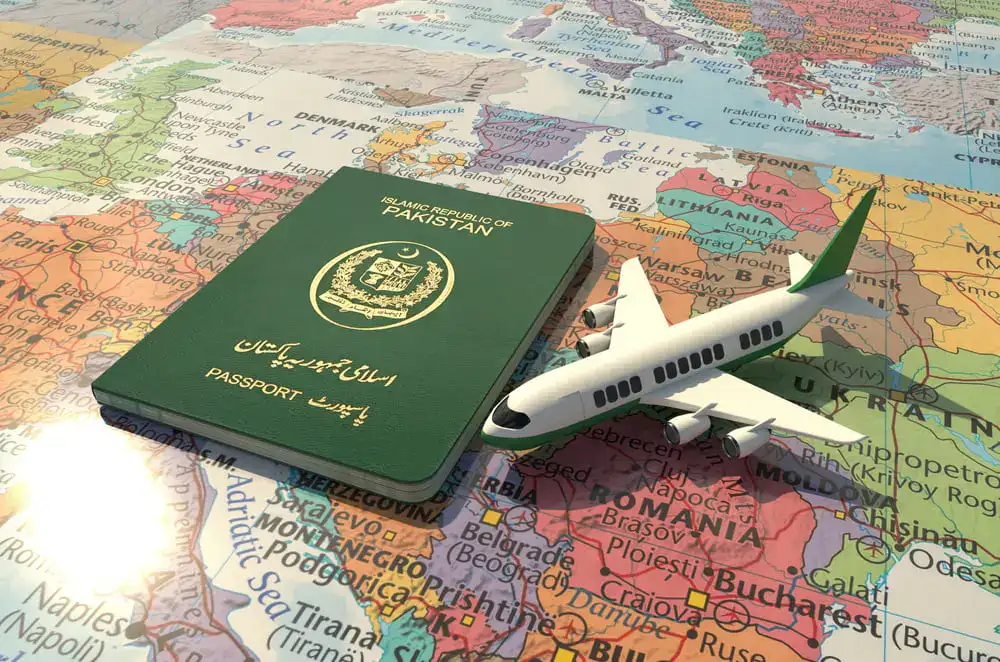Islamabad, May 19, 2025: According to the latest figures shared by Henley & Partners, a global residence and citizenship advisory firm, Pakistani passport holders can now enter more than 30 countries visa-free, as reported by Khaleej Times.
The report highlights 12 countries, largely situated in Africa, Oceania, and parts of Asia, as being the most visa-friendly worldwide. Among these are eight African states, three island nations from the Pacific region, and one Asian country.
Among the African countries are Kenya, Burundi, Cape Verde, the Comoros, Djibouti, Guinea-Bissau, Mozambique, and Rwanda. From Oceania, Micronesia, Samoa, and Tuvalu appeared on the list. Timor-Leste, from Asia, is also among sole most welcoming country of the continent.
READ MORE: Pakistan Introduces Visa-Free Entry for Gulf Country Businessmen
“These countries allow visa-free entry to around 198 nationalities, making them the most open in the world,” Henley & Partners said in the report.
Pakistani nationals, in particular, currently enjoy visa-free or visa-on-arrival access to 32 countries.
These include destinations such as Barbados, Cambodia, Dominica, Haiti, Kenya, Maldives, Nepal, Qatar, Rwanda, Sri Lanka, Trinidad and Tobago, and Vanuatu, along with many African and Pacific nations like Burundi, Comoros, Guinea-Bissau, Micronesia, Mozambique, Samoa, Senegal, Seychelles, Sierra Leone, Somalia, St. Vincent and the Grenadines, Timor-Leste, Tuvalu, and Palau.
READ MORE: China Grants Visa-Free Access to Select Latin American Countries
Among these, Kenya stands out as the most visited country, having recorded 2.4 million international visits last year, marking a 15% rise compared to the previous year.
Although Pakistani travellers have limited visa-free destinations than those from more developed countries, they have increasingly opt for regions such as Southeast Asia and Africa, that offer easier visa policies.
Henley & Partners’ report is based on data from the International Air Transport Association (IATA), reflecting the global travel access as of 2025.









